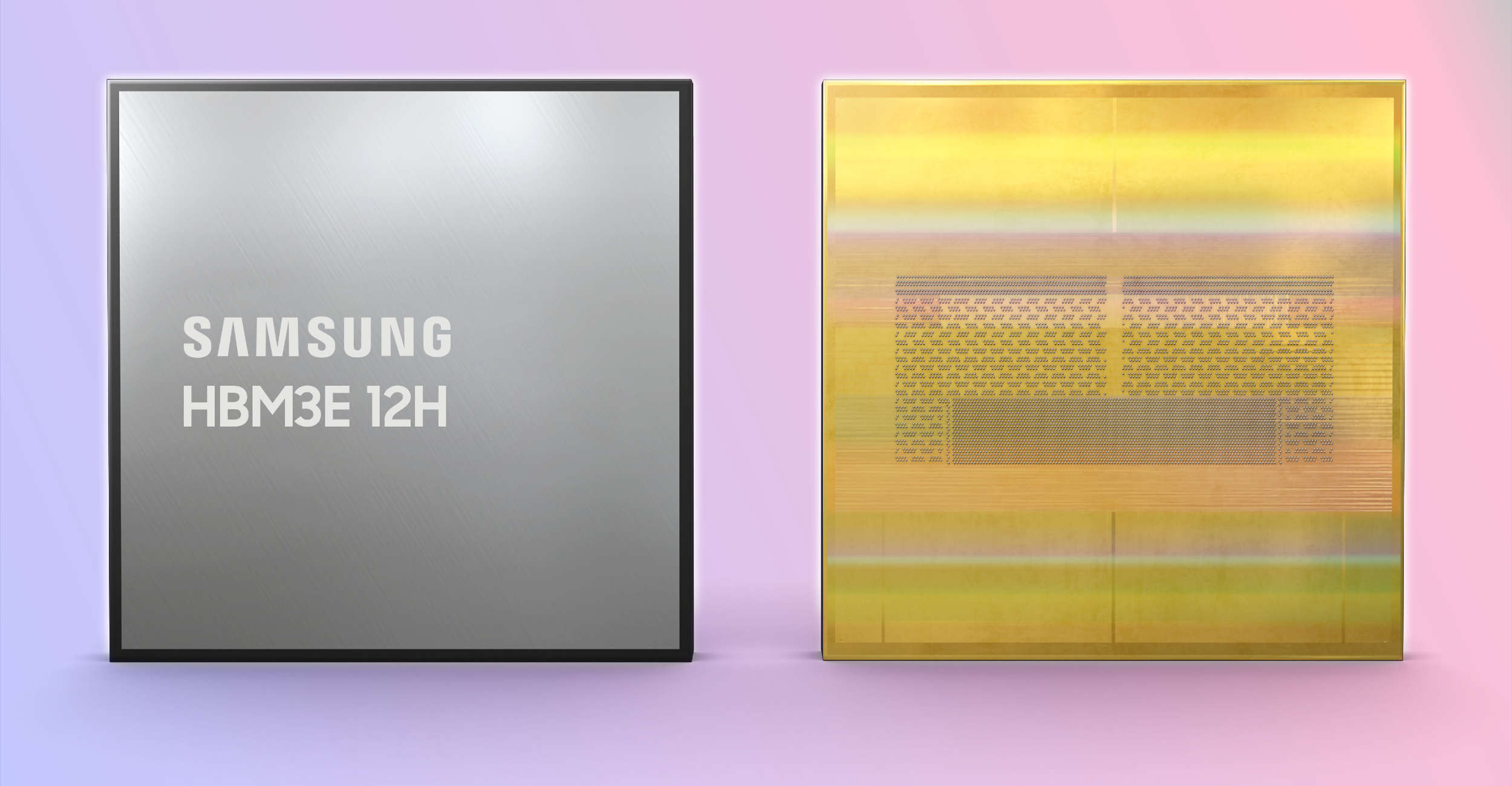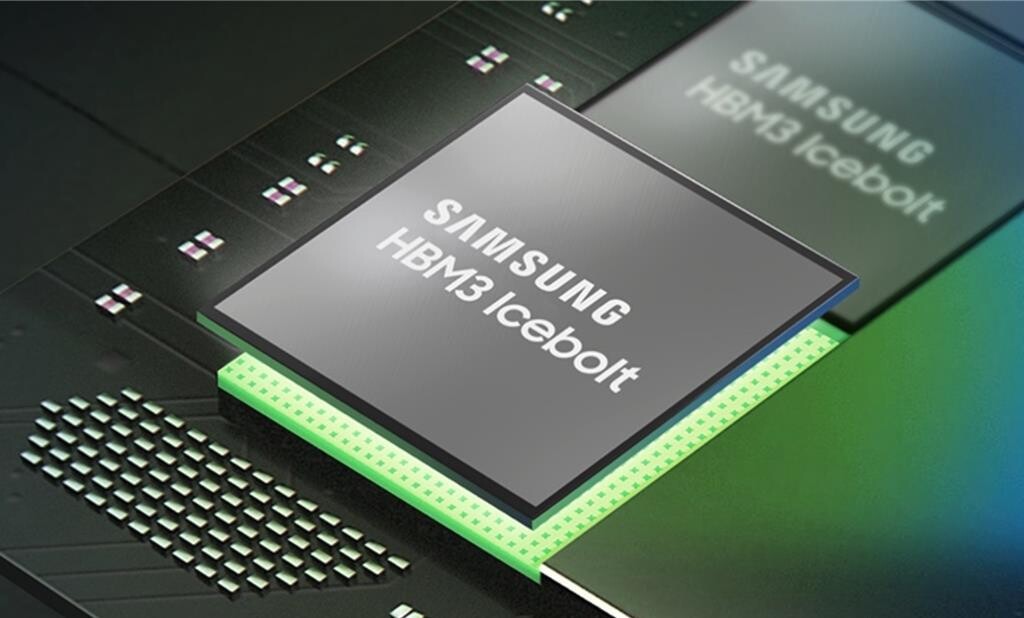
Samsung’s latest high-bandwidth memory (HBM) chips have passed Nvidia’s tests for use in its artificial intelligence (AI) processors, according to three sources familiar with the matter. This development marks a significant milestone for Samsung Electronics, the world’s largest memory chipmaker, which has been competing with SK Hynix in the advanced memory chip market for generative AI applications.
While Samsung and Nvidia have not yet signed a supply agreement for the eight-layer HBM3E chips, sources anticipate a deal will be finalized soon, with deliveries expected to commence by the fourth quarter of 2024. However, Samsung’s 12-layer version of the HBM3E chips has yet to receive Nvidia’s approval. Both companies declined to comment on the matter.
HBM, a dynamic random access memory (DRAM) standard introduced in 2013, involves vertically stacking chips to save space and reduce power consumption. It is a critical component of graphics processing units (GPUs) used in AI, facilitating the processing of vast amounts of data generated by complex applications.
Samsung has been working to meet Nvidia’s testing requirements for its HBM3E and previous fourth-generation HBM3 models since last year. The company faced challenges related to heat and power consumption, but sources indicate that Samsung has since revised its HBM3E design to address these issues. In response to a Reuters report in May, Samsung denied that its chips had failed Nvidia’s tests due to these problems.
The recent approval of Samsung’s HBM3E chips follows Nvidia’s certification of Samsung’s HBM3 chips for less advanced processors intended for the Chinese market, reported by Reuters last month. This approval comes amid increasing demand for sophisticated GPUs driven by the rise of generative AI, which has created supply challenges for Nvidia and other AI chipset manufacturers.

According to TrendForce, HBM3E chips are projected to become the predominant HBM product in the market this year, with shipments concentrated in the latter half of 2024. SK Hynix, a leading manufacturer, estimates that demand for HBM memory chips will grow at an annual rate of 82% through 2027. Samsung has forecast that HBM3E chips will constitute 60% of its HBM chip sales by the fourth quarter, a target analysts believe is achievable if Nvidia grants final approval by the third quarter.
Samsung does not disclose revenue details for specific chip products. However, the company’s total DRAM chip revenue for the first half of this year was estimated at 22.5 trillion won ($16.4 billion), with approximately 10% attributed to HBM sales, according to a Reuters survey of 15 analysts. The primary HBM manufacturers are SK Hynix, Micron, and Samsung. SK Hynix has been the main supplier of HBM chips to Nvidia, delivering HBM3E chips to an unnamed customer, later identified as Nvidia, in late March. Micron has also announced plans to supply Nvidia with HBM3E chips.
Featured Image courtesy of VideoCardz.com
Follow us for more updates on Samsung’s latest HBM chips.
